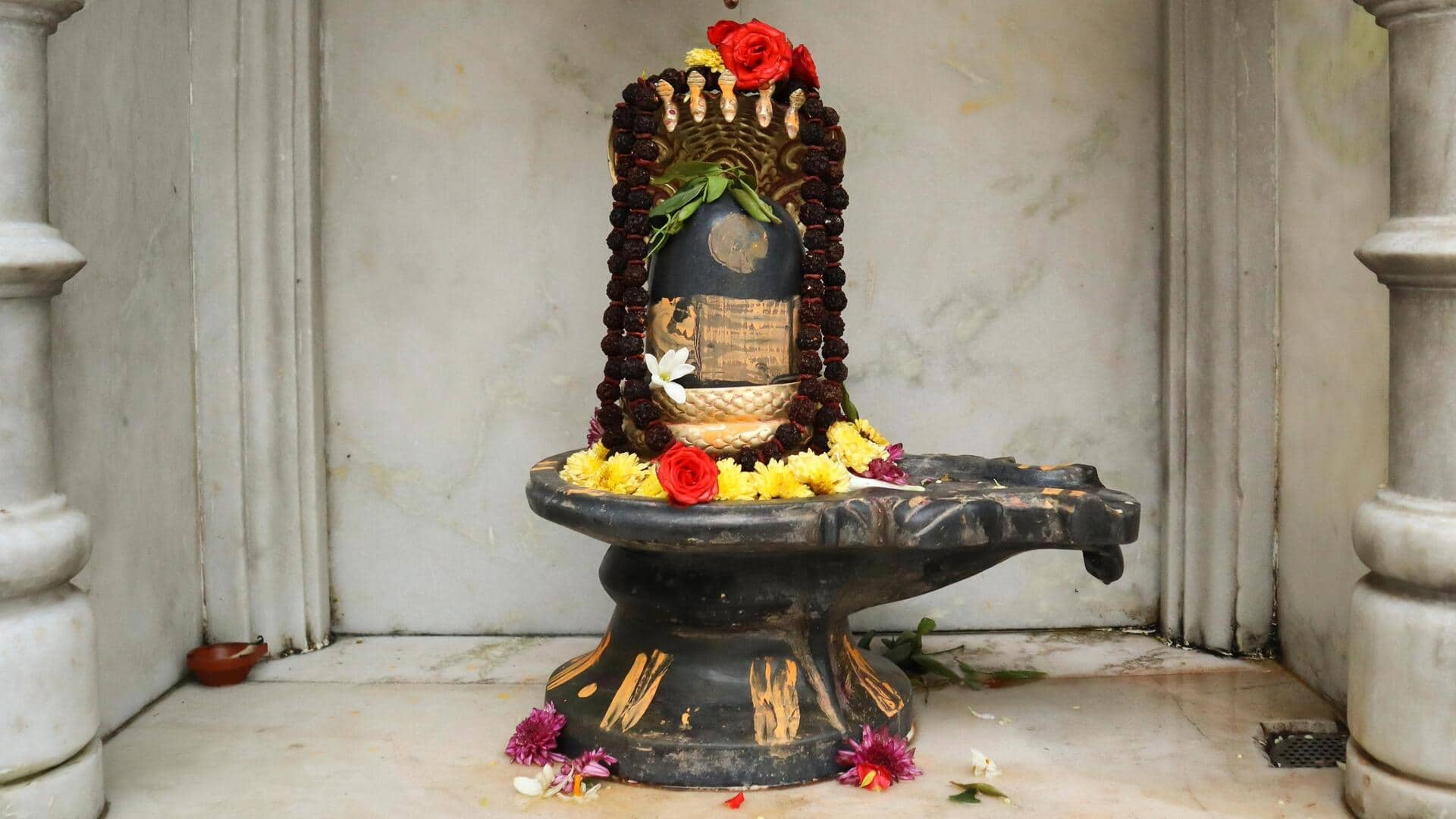
Nag Panchami: Understanding history, cultural significance, and rituals
What's the story
Nag Panchami is observed on the fifth day of the Shukla Paksha in the month of Sawan. This festival occurs approximately two days after Hariyali Teej or Madhushravani. On this day, women offer milk to Nag Devta and worship snakes, praying for the well-being and happiness of their families. Snakes are often considered symbolic of fertility, protection, and cosmic energy in Hindu mythology.
Legend
The festival's backstory
Nag Panchami celebrates the triumph of Lord Krishna over a snake named Kaliya Nag. When Lord Krishna was playing near the Yamuna River, he stepped into the water and was attacked by Kaliya Nag. When the snake realized that Krishna was special, it asked for mercy. Kindly, Krishna spared the snake's life on the condition that it wouldn't harm Gokul's people again.
Rituals
Rituals
Devotees wake up early, bathe, and then begin puja rituals. They create images of snakes on walls or paper using coal. Offerings of flowers, kumkum, turmeric, and sweets are made as a sign of devotion. The worship of snakes involves presenting milk and kheer. Some individuals even extend their reverence by offering milk to real snakes, often assisted by snake charmers.
Significance
Cultural significance
Nag Panchami is a significant festival for Hindus, dedicated to showing respect to snakes. Snakes are both powerful and revered like deities. According to Hindu mythology, snakes are believed to live in Patal Lok. Worshipping snakes on Nag Panchami is thought to reduce the fear of snakes and counteract the negative effects of an astrological condition known as Kaal Sarpa Dosha.
Snakes
Various snake gods are worshipped
Nag Panchami holds significance for worshipping specific snakes in Hindu tradition. Notably, Vasuki, the king of snakes, coiled around Lord Shiva's neck, is revered the most. Additionally, Goddess Mansa, Lord Shiva's daughter and Vasuki's sister, garners devoted worshipping too. According to Drik Panchang, other snakes like Anant, Shesha, Padma, Kambal, Karkotak, Ashvatar, Dritrashtra, Shankhpal, Kaliya, Takshak, and Pingal are also worshipped.